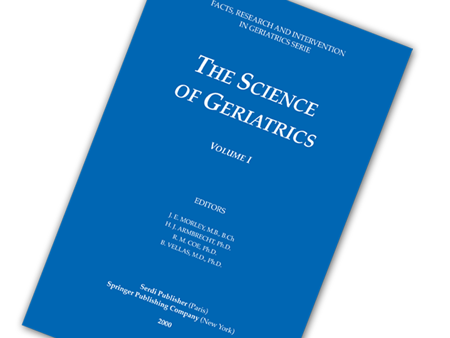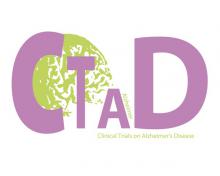Across the United States, 60% of Assisted Living administrators noticed an increase in legal claims; meanwhile nearly 75% noticed an increase in lawsuits and 71% noticed an increase in settlements. This article asks whether or not the rise in legal pressure may be attributed to a higher proportion of residents with moderate to severe cognitive impairment in Assisted Living. More broadly, the findings indicate that there is a lack of consumer choice and solutions for the elderly in need of long-term services. As a short-term option to mitigate the rise in legal pressure, long-term facilities could explore ways to work with residents in defining various thresholds of care that are safe, sustainable and economically sound whilst preserving certain aspects of residents’ desired lifestyles. Over the long term, the United States needs to develop innovative options for the provision of long-term care services with a focus on redesigning care for older adults with their input. The consequences of such a positive change are examined.
(1) M. Fetterolf, P. Kao, N. Castle Jour Nursing Home Res 2019;5:24-26



